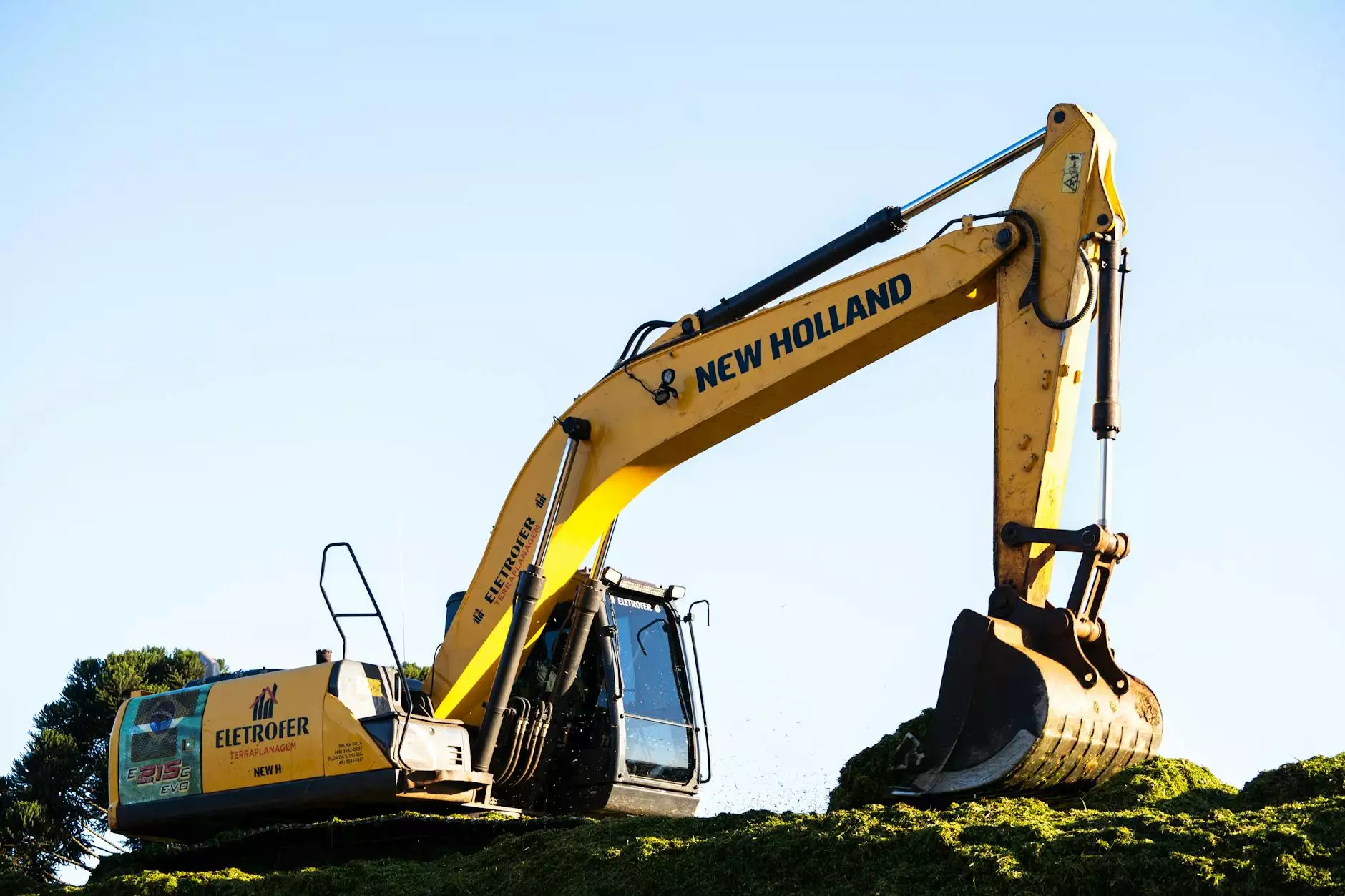Understanding Auto Torque Converters: A Key Component of Automotive Performance

The auto torque converter is a vital component in the automotive industry that plays an essential role in improving the performance and efficiency of your vehicle. In this in-depth article, we will explore all aspects of torque converters, including their functions, types, benefits, and maintenance tips.
What is an Auto Torque Converter?
An auto torque converter is a type of fluid coupling used in automatic transmissions to transmit power from the engine to the transmission. It allows the engine to rotate independently of the transmission, enabling smoother acceleration and providing the driver with a comfortable driving experience. The torque converter enhances vehicle performance by facilitating effective power transfer and torque multiplication.
How Does a Torque Converter Work?
The operation of an auto torque converter can be broken down into several key components:
1. The Pump
The pump is connected to the engine and is responsible for generating fluid movement. As the engine spins, it turns the pump, which draws fluid from the transmission's fluid reservoir and forces it into the turbine.
2. The Turbine
The turbine, connected to the transmission, receives the fluid directed from the pump. As the fluid strikes the turbine blades, it causes the turbine to spin, transferring power to the transmission and ultimately to the wheels.
3. The Stator
The stator is a stationary component that redirects the fluid returning from the turbine back to the pump. This redirection helps create additional torque and improves efficiency by allowing the system to operate more smoothly.
4. The Fluid Coupling
The fluid coupling mechanism increases torque output during acceleration, ensuring a seamless transition of power from the engine to the wheels. This is particularly beneficial when starting from a complete stop or during low-speed driving.
Types of Auto Torque Converters
There are several different types of torque converters that cater to various vehicle models and applications:
1. Standard Torque Converters
Standard torque converters are the most common type, widely used in conventional automatic transmissions. They provide a good balance of performance and efficiency.
2. High-Performance Torque Converters
High-performance torque converters are designed for racing and performance applications. They offer increased stall speed and torque multiplication, allowing for faster acceleration and improved performance on the track.
3. Lock-Up Torque Converters
Lock-up torque converters feature a mechanism that locks the turbine to the engine at higher speeds, increasing fuel efficiency by eliminating slip. This is ideal for highway driving where high RPMs are sustained.
Benefits of Using an Auto Torque Converter
Utilizing an auto torque converter provides a variety of benefits, enhancing both driving experience and vehicle efficiency:
- Smoother Acceleration: Torque converters allow for gradual acceleration, improving driving comfort.
- Increased Torque: They enable the transmission to handle higher torque loads without straining the engine.
- Fuel Efficiency: Lock-up converters help maximize fuel efficiency during highway driving.
- Reduced Engine Strain: By translating engine power more efficiently, torque converters prevent unnecessary strain on the engine.
Common Issues with Auto Torque Converters
While torque converters are generally reliable components, they can suffer from certain issues. Here are some common problems:
1. Slipping
Slipping may occur when the converter fails to maintain a solid connection between the engine and transmission. This can lead to loss of acceleration and increased engine RPMs without a corresponding speed increase.
2. Overheating
Excessive heat can damage the torque converter fluid, leading to inadequate transmission performance. Overheating can be caused by a malfunctioning cooling system or low fluid levels.
3. Fluid Leaks
Leaks can develop in the torque converter seals, leading to low fluid levels and potential overheating. Regular inspection is crucial to preventing this issue.
How to Maintain Your Auto Torque Converter
Proper maintenance of your auto torque converter is essential for optimal performance and longevity. Here are some maintenance tips:
- Regular Fluid Changes: Change the transmission fluid according to the manufacturer's schedule to ensure proper lubrication.
- Look for Warning Signs: Monitor your vehicle for any unusual sounds, slipping, or overheating, and address them promptly.
- Check Fluid Levels: Regularly check the torque converter fluid levels and top up as required to ensure proper operation.
- Use Quality Products: When replacing fluids or components, use high-quality products that meet or exceed the manufacturer's specifications.
Conclusion
Understanding the intricacies of the auto torque converter can significantly enhance your knowledge about vehicle performance. From its basic function to its various types and benefits, ensuring that your torque converter is well-maintained can lead to improved driving experiences, efficiency, and longevity of your vehicle. For those looking to purchase torque converters or related components, Shenghai Auto Parts provides a wide range of high-quality products tailored to meet your automotive needs.
Frequently Asked Questions
1. How do I know if my torque converter is failing?
If you notice symptoms such as slipping, overheating, or unusual noises, it may indicate a failing torque converter. It's best to consult a professional mechanic to diagnose the issue.
2. Can I drive my car with a bad torque converter?
Driving with a faulty torque converter is not advisable as it can lead to further vehicle damage and unsafe driving conditions. Prompt repairs are recommended.
3. Are torque converters interchangeable between models?
No, torque converters are often specific to the transmission and engine combination of a vehicle. Always consult your vehicle's specifications before making a replacement.









